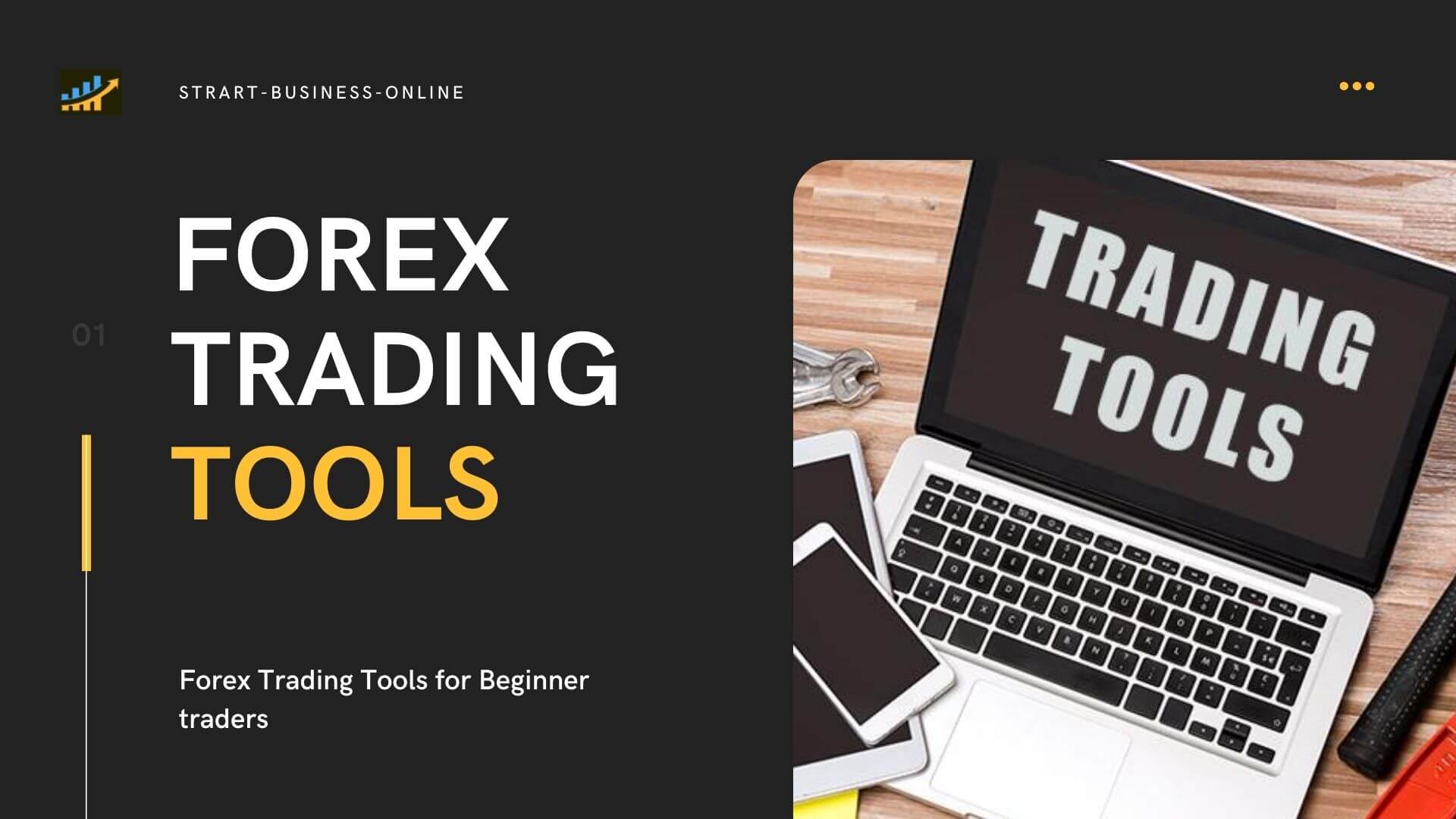
There are many types of traders on the financial market. You can choose your style based upon your goals and experience. There are certain common features that make different trading styles stand out. The best strategy can help you increase your odds of making stable profits.
Day trader is someone who works during the day and executes a few trades. Day traders are focused on making quick, low-risk decisions, which may include closing out their positions by the end of the day. This is the best style for people who are interested in learning about the market and long-term trends but don't have time or the knowledge to go into the specifics of an asset or company.
If you don't have the time or patience to follow a longer-term strategy, you can still earn money in the markets. Many traders use the arbitrage trading style to gain profits by purchasing and selling the same security in multiple markets. Arbitrage brokers are often experts in a market and can make money on price errors or imbalances.

Day traders also love scaling. Scalping allows you to buy and sell stocks quickly, often in seconds or minutes. Scalping is a highly aggressive trading style that requires traders to be very focused and disciplined. Scalper must be willing and able to trade with more leverage, in addition to trading within a shorter timeframe, to be successful.
Desk traders tend to be less aggressive than scalp or day traders and are more focused on taking timely decisions based upon financial data and stock price fluctuations. They may be specialists in trading options, foreign currency, and bonds. It is important to think about the strategies of desk traders before you invest in any market.
Although they are very similar to desk traders in that they also focus on longer-term trends, swing traders can be more successful than desk traders. This type of trading suits active investors who don't have much time for trading. Swing traders have smaller positions that are more concentrated and less leverage.
Fundamental traders care more about the value of a company. Fundamental analysis may provide greater profits per trade but also leaves the trader vulnerable to losing his investment if the value of the company drops. As a result, fundamental traders have to do more research and buy and sell at a slower rate than a day trader.

Traders are often divided into three groups based on the timeframe of their trades. These groups include swing traders, fundamental traders, and day traders. Consider your risk tolerance and goals before choosing a trading plan. Each trading style will likely require different levels of financial experience.
Day traders are fundamental traders, scalpers, and day traders are the most commonly used types of trader. A trader's aggressiveness will generally lead to more trades.
FAQ
What is the distinction between marketable and not-marketable securities
The principal differences are that nonmarketable securities have lower liquidity, lower trading volume, and higher transaction cost. Marketable securities, on the other hand, are traded on exchanges and therefore have greater liquidity and trading volume. These securities offer better price discovery as they can be traded at all times. There are exceptions to this rule. Some mutual funds are not open to public trading and are therefore only available to institutional investors.
Non-marketable security tend to be more risky then marketable. They have lower yields and need higher initial capital deposits. Marketable securities are usually safer and more manageable than non-marketable securities.
For example, a bond issued by a large corporation has a much higher chance of repaying than a bond issued by a small business. The reason is that the former will likely have a strong financial position, while the latter may not.
Investment companies prefer to hold marketable securities because they can earn higher portfolio returns.
What is a REIT?
A real estate investment Trust (REIT), or real estate trust, is an entity which owns income-producing property such as office buildings, shopping centres, offices buildings, hotels and industrial parks. These companies are publicly traded and pay dividends to shareholders, instead of paying corporate tax.
They are very similar to corporations, except they own property and not produce goods.
Are bonds tradeable?
Yes they are. Like shares, bonds can be traded on stock exchanges. They have been for many, many years.
The only difference is that you can not buy a bond directly at an issuer. They must be purchased through a broker.
It is much easier to buy bonds because there are no intermediaries. This also means that if you want to sell a bond, you must find someone willing to buy it from you.
There are many kinds of bonds. While some bonds pay interest at regular intervals, others do not.
Some pay interest quarterly while others pay an annual rate. These differences make it easy to compare bonds against each other.
Bonds are very useful when investing money. If you put PS10,000 into a savings account, you'd earn 0.75% per year. If you were to invest the same amount in a 10-year Government Bond, you would get 12.5% interest every year.
If all of these investments were accumulated into a portfolio then the total return over ten year would be higher with the bond investment.
How are securities traded?
The stock market is an exchange where investors buy shares of companies for money. Companies issue shares to raise capital by selling them to investors. These shares are then sold to investors to make a profit on the company's assets.
Supply and demand determine the price stocks trade on open markets. When there are fewer buyers than sellers, the price goes up; when there are more buyers than sellers, the prices go down.
There are two methods to trade stocks.
-
Directly from your company
-
Through a broker
What are the advantages to owning stocks?
Stocks can be more volatile than bonds. When a company goes bankrupt, the value of its shares will fall dramatically.
But, shares will increase if the company grows.
Companies usually issue new shares to raise capital. This allows investors buy more shares.
Companies can borrow money through debt finance. This allows them to access cheap credit which allows them to grow quicker.
Good products are more popular than bad ones. The stock price rises as the demand for it increases.
Stock prices should rise as long as the company produces products people want.
Statistics
- US resident who opens a new IBKR Pro individual or joint account receives a 0.25% rate reduction on margin loans. (nerdwallet.com)
- Ratchet down that 10% if you don't yet have a healthy emergency fund and 10% to 15% of your income funneled into a retirement savings account. (nerdwallet.com)
- Individuals with very limited financial experience are either terrified by horror stories of average investors losing 50% of their portfolio value or are beguiled by "hot tips" that bear the promise of huge rewards but seldom pay off. (investopedia.com)
- Our focus on Main Street investors reflects the fact that American households own $38 trillion worth of equities, more than 59 percent of the U.S. equity market either directly or indirectly through mutual funds, retirement accounts, and other investments. (sec.gov)
External Links
How To
How to open and manage a trading account
It is important to open a brokerage accounts. There are many brokers on the market, all offering different services. There are some that charge fees, while others don't. The most popular brokerages include Etrade, TD Ameritrade, Fidelity, Schwab, Scottrade, Interactive Brokers, etc.
Once you've opened your account, you need to decide which type of account you want to open. You can choose from these options:
-
Individual Retirement Accounts (IRAs)
-
Roth Individual Retirement Accounts (RIRAs)
-
401(k)s
-
403(b)s
-
SIMPLE IRAs
-
SEP IRAs
-
SIMPLE 401(k)s
Each option offers different benefits. IRA accounts have tax benefits but require more paperwork. Roth IRAs give investors the ability to deduct contributions from taxable income, but they cannot be used for withdrawals. SEP IRAs are similar to SIMPLE IRAs, except they can also be funded with employer matching dollars. SIMPLE IRAs are very simple and easy to set up. These IRAs allow employees to make pre-tax contributions and employers can match them.
You must decide how much you are willing to invest. This is called your initial deposit. Many brokers will offer a variety of deposits depending on what you want to return. Based on your desired return, you could receive between $5,000 and $10,000. The lower end of this range represents a conservative approach, and the upper end represents a risky approach.
You must decide what type of account to open. Next, you must decide how much money you wish to invest. There are minimum investment amounts for each broker. These minimum amounts vary from broker-to-broker, so be sure to verify with each broker.
After you've decided the type and amount of money that you want to put into an account, you will need to find a broker. Before selecting a brokerage, you need to consider the following.
-
Fees-Ensure that fees are transparent and reasonable. Brokers will often offer rebates or free trades to cover up fees. However, some brokers charge more for your first trade. Be wary of any broker who tries to trick you into paying extra fees.
-
Customer service - Look for customer service representatives who are knowledgeable about their products and can quickly answer questions.
-
Security - Choose a broker that provides security features such as multi-signature technology and two-factor authentication.
-
Mobile apps - Make sure you check if your broker has mobile apps that allow you to access your portfolio from anywhere with your smartphone.
-
Social media presence. Find out whether the broker has a strong social media presence. If they don’t have one, it could be time to move.
-
Technology - Does the broker utilize cutting-edge technology Is the trading platform intuitive? Are there any issues when using the platform?
Once you have selected a broker to work with, you need an account. Some brokers offer free trials, while others charge a small fee to get started. After signing up, you will need to confirm email address, phone number and password. Next, you'll have to give personal information such your name, date and social security numbers. You'll need to provide proof of identity to verify your identity.
Once verified, your new brokerage firm will begin sending you emails. These emails will contain important information about the account. It is crucial that you read them carefully. These emails will inform you about the assets that you can sell and which types of transactions you have available. You also learn the fees involved. You should also keep track of any special promotions sent out by your broker. You might be eligible for contests, referral bonuses, or even free trades.
Next, you will need to open an account online. Opening an online account is usually done through a third-party website like TradeStation or Interactive Brokers. Both of these websites are great for beginners. When you open an account, you will usually need to provide your full address, telephone number, email address, as well as other information. After this information has been submitted, you will be given an activation number. To log in to your account or complete the process, use this code.
After opening an account, it's time to invest!